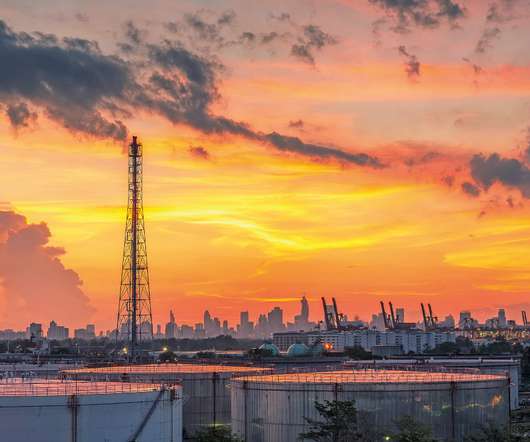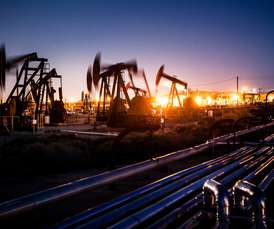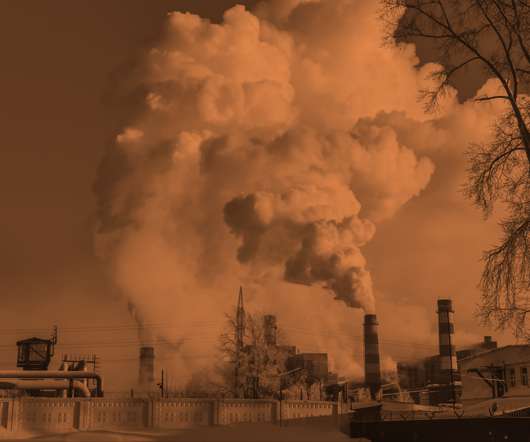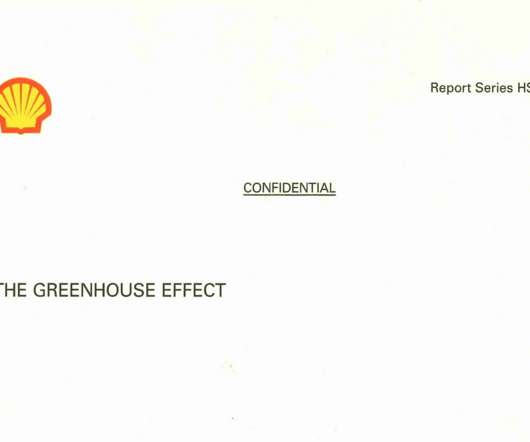UK substantially underestimates its methane emissions from oil and gas production – and many other countries probably do too
Envirotec Magazine
FEBRUARY 10, 2023
Researchers conclude that as much as five times more methane is being leaked from oil and gas production than reported. Methane is the second most important greenhouse gas after carbon dioxide, contributing about 0.55°C C present-day global warming relative to pre-industrial times.
















Let's personalize your content